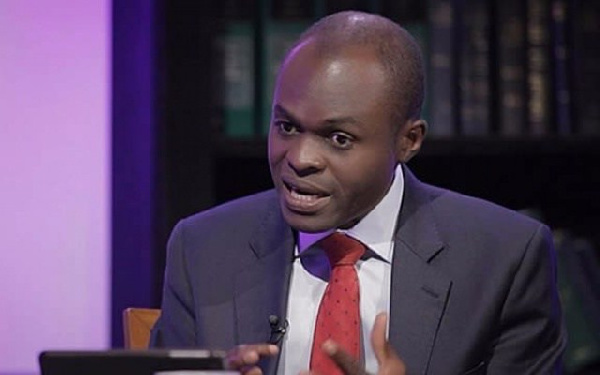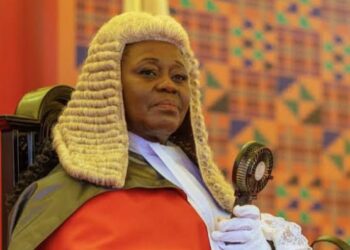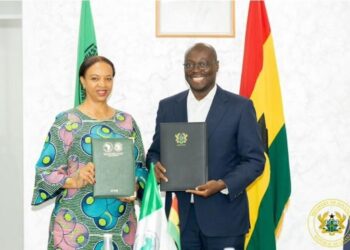Legal practitioner Martin Kpebu has raised concerns about the transfer of the case involving former Minister for Environment and Sanitation, Madam Cecilia, from the Office of the Special Prosecutor (OSP) to the Economic and Organised Crime Office (EOCO). While Special Prosecutor Mr. Kissi Agyebeng stated that the crime primarily relates to money laundering, Kpebu emphasized that not every money laundering case falls under EOCO’s jurisdiction.
According to Kpebu, a recent Supreme Court ruling, particularly the case of Ex parte Ibrahim Malik, has clarified EOCO’s limited mandate in money laundering cases. EOCO’s authority is constrained to instances where the funds involved are government money. Kpebu explained the concept of money laundering, highlighting that it involves making illegally obtained money appear legitimate, often through activities like real estate transactions.
Kpebu expressed doubt about whether EOCO possesses the full mandate to prosecute the case transferred to them. He noted, “EOCO can only investigate cases in which the crime that was committed involves government money. So far, Mr. Agyebeng has not told us the predicate offense.” The predicate offense refers to the underlying criminal activity that generated the funds subject to money laundering.
Suggesting a cautious approach, Kpebu recommended involving the police in the investigation.
He proposed, “Based on the Supreme Court decision, it is safer that EOCO involves the police so that if it turns out that the matter is not for EOCO, because the police are involved, they take over quickly. Rather than EOCO doing it alone and seeing that the money is private, it’s not government money, and it has to send it to the police.”
Looking ahead, Kpebu urged the Office of the Special Prosecutor (OSP) to collaborate with other relevant agencies at every stage of the investigation. This collaborative approach ensures that if another agency needs to take over the case, they are well-informed and can seamlessly continue the process without unnecessary delays.
In the buildup to the current situation, since July 2023, the Office of the Special Prosecutor (OSP) has been embroiled in a legal dispute with Madam Cecilia Dapaah as the case unfolds at the Economic and Financial Court 2. The anti-corruption body initiated investigations into the former Minister for Sanitation, prompted by the discovery of stolen funds at her residence and the subsequent unearthing of additional funds during the course of the inquiry.
The OSP launched its investigation, alleging corruption and corruption-related offenses, particularly characterizing the over $1 million found at Madam Cecilia Dapaah’s residence as tainted. This revelation set the stage for a legal battle that has witnessed various twists and turns.
One notable development in the case was the appointment of a new judge to preside over proceedings after the initial judge took a leave of absence. This change in judicial oversight added a layer of complexity to an already intricate legal landscape.
The genesis of the entire saga traces back to the involvement of police prosecutors, who charged domestic workers of the former Sanitation Minister and her husband. The charges alleged the theft of money and personal items valued at millions of Ghana cedis from the couple’s residence in Abelemkpe, Accra. This initial legal action set the wheels in motion for the subsequent involvement of the OSP and the unfolding legal drama surrounding Madam Cecilia Dapaah.





















